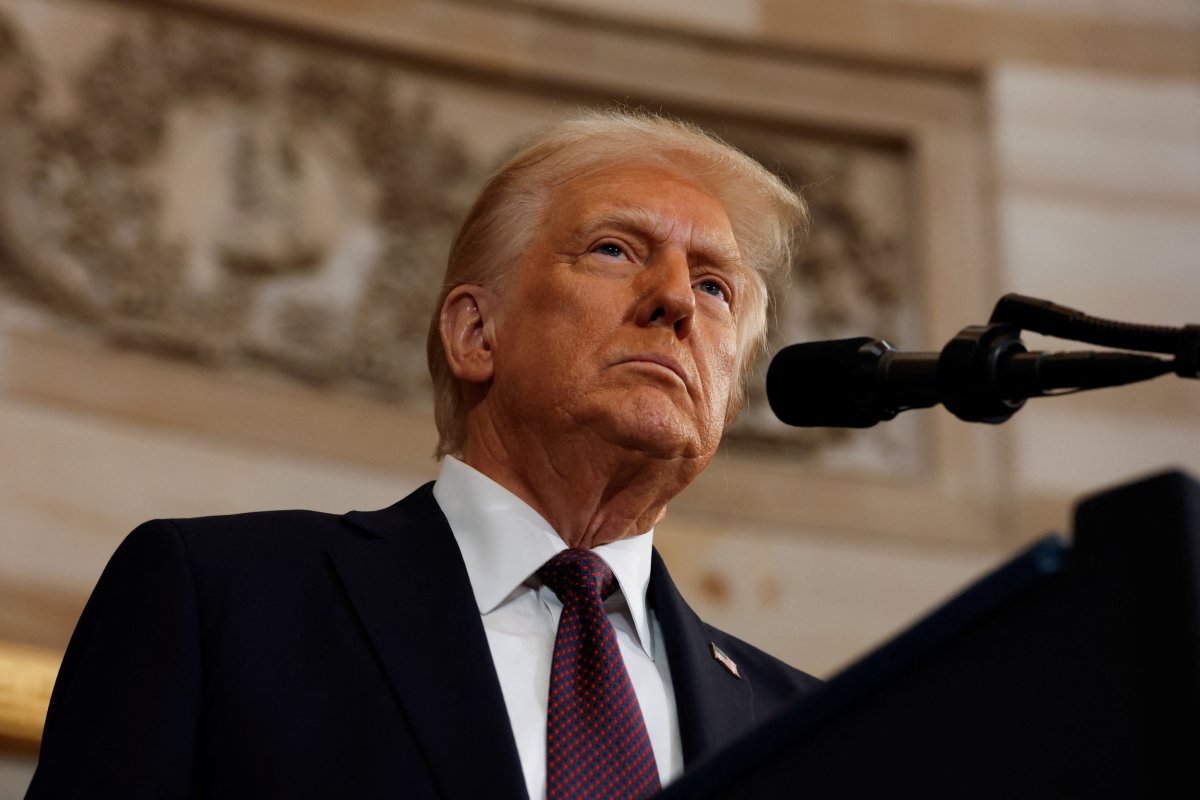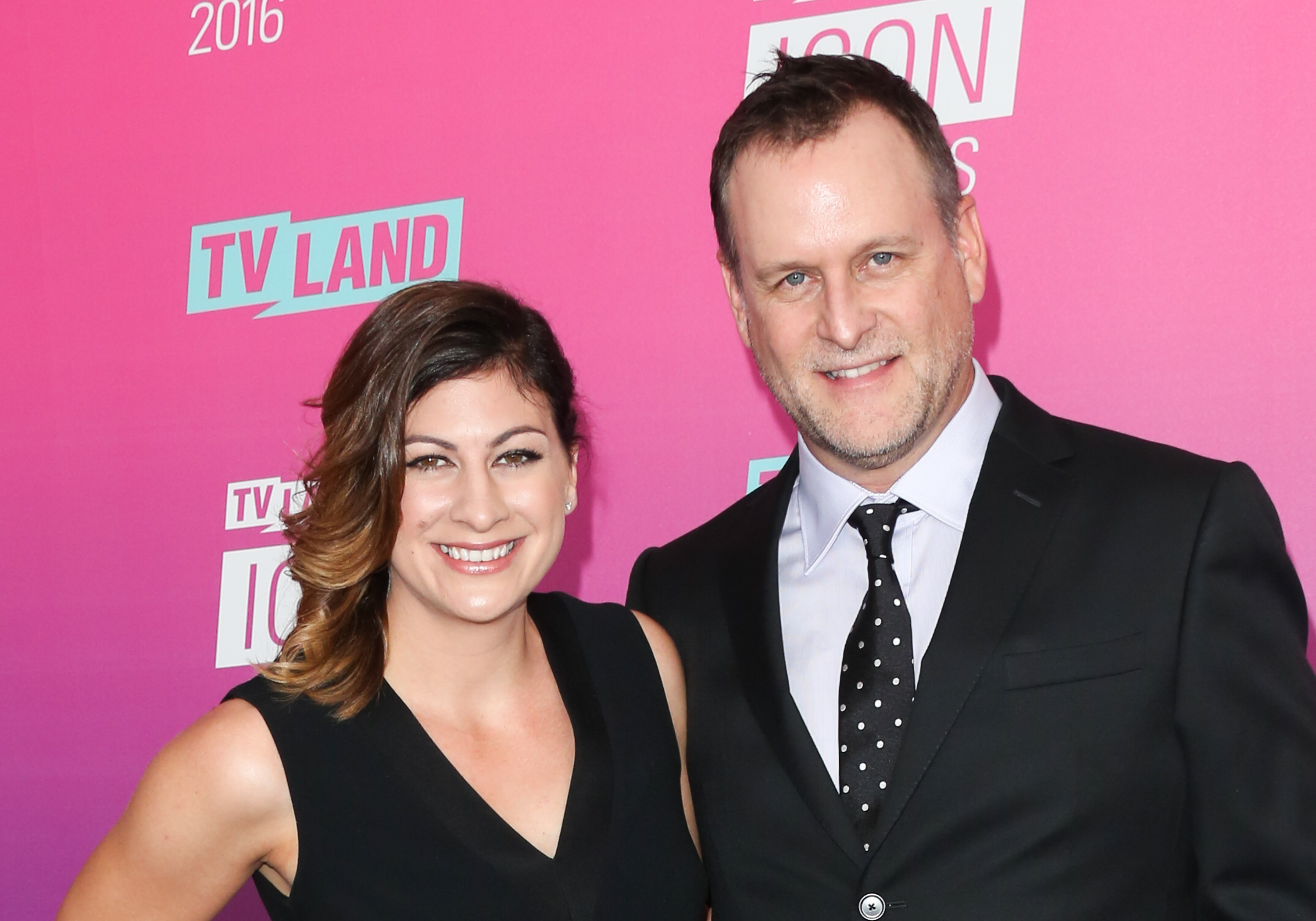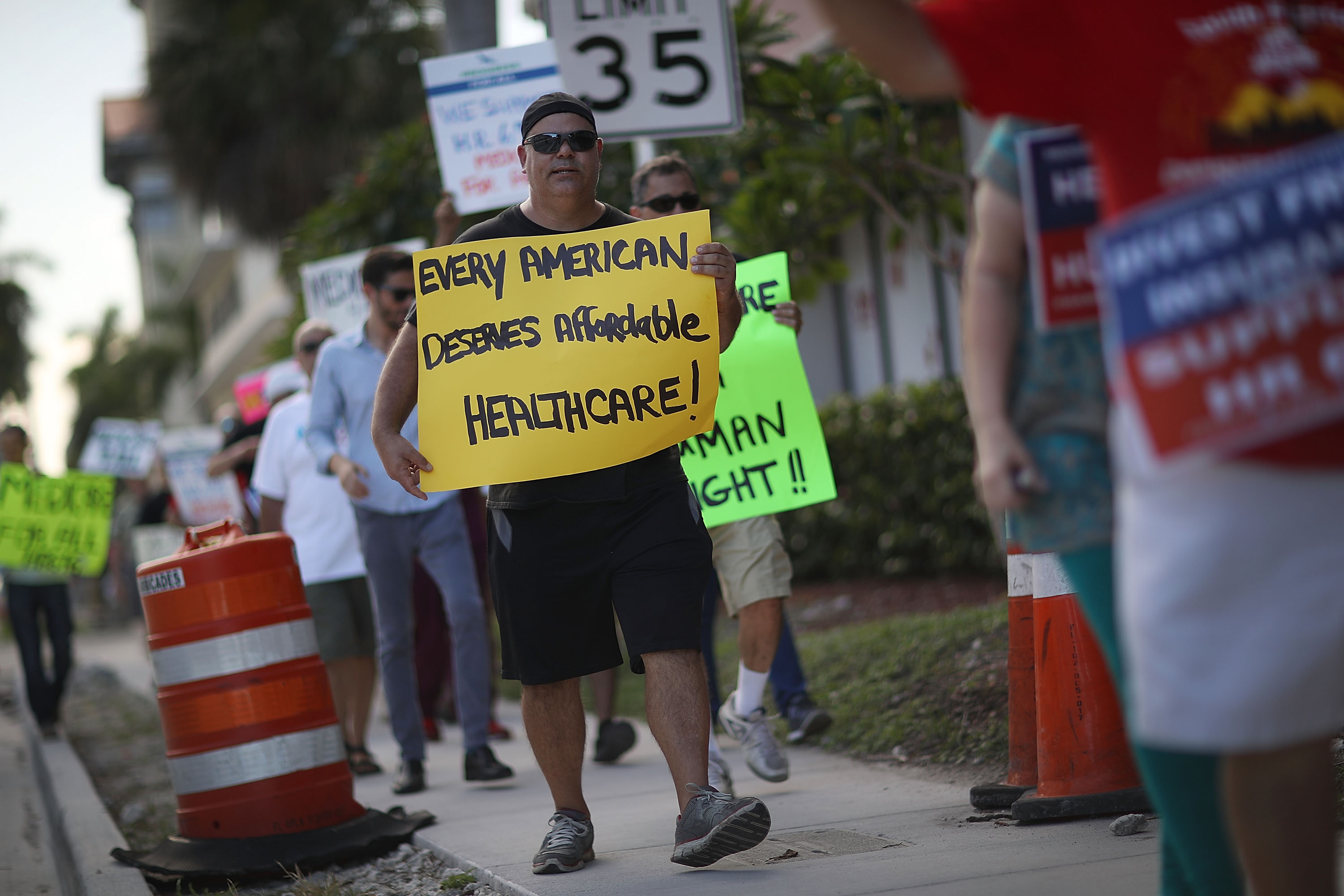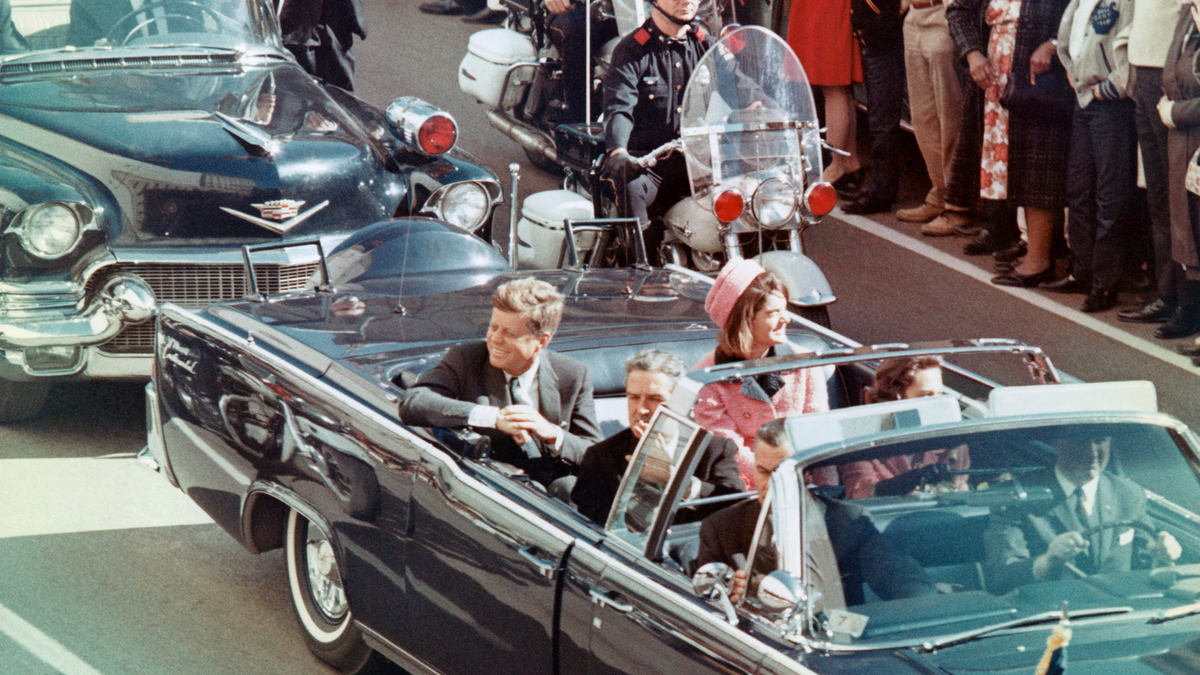In his inaugural address, President Donald Trump promised "to bring law and order back to our cities." Evidently, Washington, D.C., is not one of those cities.
Trump set a record for the amount of executive orders he signed in his first day back in office. Among these were orders rescinding changes former President Joe Biden had made to health care and ACA enrollment, which could affect as many as 24 million Americans, many of whom assuredly voted for Trump.
Yet it was two campaign promises that Trump immediately began fulfilling that are most revealing of his priorities and will set the tone for the rest of his administration. He pardoned over 1,500 Jan. 6 attackers who ransacked the Capitol and assaulted police officers, and on the same day, grounded over 1,600 Afghan refugees, including, as Newsweek reported, "approximately 200 family members of Afghan-American active-duty U.S. service personnel born in the U.S. or of Afghans who came to the U.S. and joined the military, and 200 unaccompanied children of Afghan refugees or Afghan parents whose children were brought alone to the U.S."

Somehow, Afghans who helped us during our prolonged war in their country—who trusted us and now need our protection—and who have all been thoroughly vetted, are a greater danger to us, as Trump sees it, than the people who actually attacked the Capitol and tried to (help him) overthrow the government.
This is straight out of dystopian fiction—like something George Orwell or Ray Bradbury might've conceived in their nightmares. Big Brother could not do better.
In his inaugural speech, Trump painted a bleak picture of America upon his resumption of office, claiming that we are a nation in decline that had experienced "a horrible betrayal," and that he had been spared his life by God in order to "give the [American] people back their faith, their wealth, their democracy, and indeed their freedom."
When he pardoned the Jan. 6 attackers, he referred to them, as he has in the past, as "hostages." He is treating them as heroes and the Afghan heroes as criminals. Among those that Trump has portrayed as victims and has pardoned are Jacob Chansley, known as the "QAnon Shaman," who is now promising to go and purchase guns for himself, and Enrico Tarrio, the Proud Boys leader who helped orchestrate the attack and had been sentenced to 22 years in prison. Trump also commuted the sentence of Oath Keepers founder Stewart Rhodes, who had been sentenced to 18 years, leading to his release as well.
If you're wondering why Trump is being so forgiving to the Jan. 6 attackers, including many who brutally assaulted police officers, and why he's being so harsh with the Afghan people whose lives are in danger—in many cases because of their work for us during the war—it's really quite simple. The first group—the violent criminals—is on Trump's side; the second he has no use for, as they are merely desperate people in terrible need of our help.
Joe Biden had the good sense and compassion to help resettle over 90,000 Afghans here in the U.S., none of whom have committed any terrorist acts. Trump is now going to turn his back on the people who need us most, claiming that it's about keeping us safe while he simultaneously allows violent criminals who support him out of prison.
This is the America we can expect to live in with Trump once again at the helm—one in which cuts are made to the services of middle- and working-class Americans while billionaires continue to get special treatment, and wherein those who would seek to destroy democracy are elevated over those who cherish it.
As for the freedom Trump has promised, including his vow to "bring back free speech," he also immediately revoked the security clearance of former intelligence officials who dared write a letter he didn't like and seemed absolutely infuriated when the Rev. Mariann Edgar Budde delivered a sermon at the National Cathedral, during which she pleaded with the president to show basic compassion. When asked about it by a reporter later, Trump, still seeming bothered, said, "I didn't think it was a good service."
Yes, because telling Trump about the cruelty of his policies only leads to his annoyance. Let's continue to annoy him, though. Maybe then he'll be forced to act decently some of the time.
Ross Rosenfeld is a frequent political writer. His Substack is Politofile.
The views expressed in this article are the writer's own.




















 English (US) ·
English (US) ·